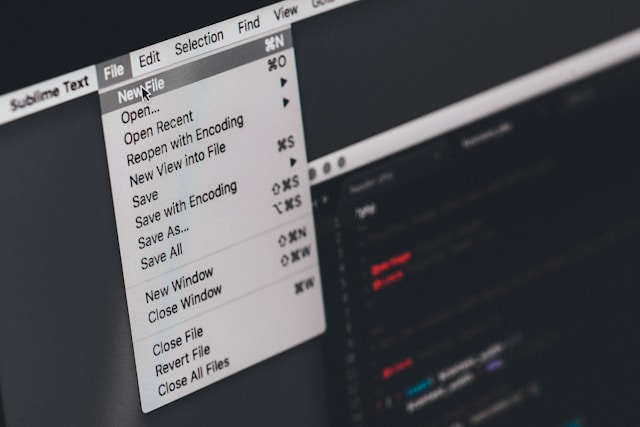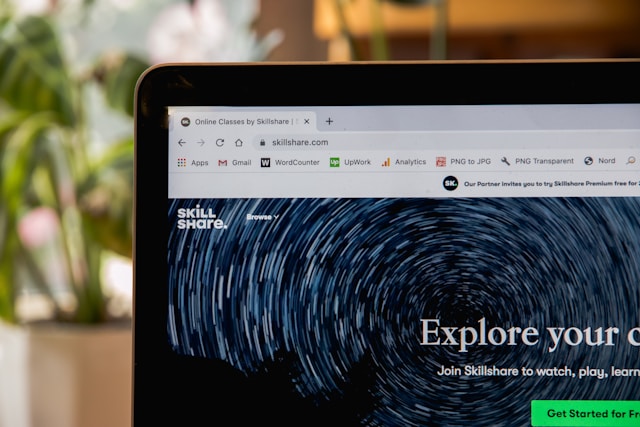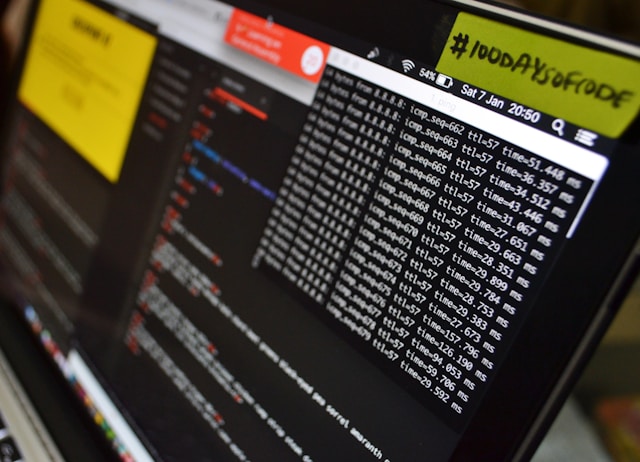Starting programming can be an exciting journey, and it doesn’t have to be expensive. Here’s a simple guide to help you get started:
1. Choose a Programming Language
- Python: Great for beginners due to its readability and versatility.
- JavaScript: Essential for web development.
- Java: Widely used in enterprise environments and Android app development.
- C++/C#: Good for game development and system programming.
2. Get the Right Tools

- Text Editor/IDE: You can use free editors like Visual Studio Code, Atom, or Sublime Text. Integrated Development Environments (IDEs) like PyCharm (for Python) or Eclipse (for Java) can also be useful.
- Compilers/Interpreters: For most languages, you’ll need a compiler or interpreter. For instance, Python comes with its own interpreter, and Java requires the Java Development Kit (JDK).
3. Learn the Basics

- Online Courses: Platforms like Coursera, edX, and Udemy offer free or low-cost courses.
- Tutorial Websites: Codecademy, Khan Academy, and freeCodeCamp provide interactive tutorials.
- Books: Many introductory programming books are available. For Python, “Automate the Boring Stuff with Python” by Al Sweigart is highly recommended and free to read online.
4. Practice Coding

- Projects: Start with small projects and gradually tackle more complex ones. This helps solidify your understanding.
- Coding Challenges: Websites like LeetCode, HackerRank, and CodeSignal offer problems to practice your skills.
5. Join Communities
- Forums: Engage with communities on Stack Overflow, Reddit, or specific language forums.
- Meetups: Attend local or virtual meetups to connect with other learners and professionals.
6. Use Free Resources
- Documentation: Read official documentation for the programming language you’re learning. It’s a valuable resource.
- YouTube Channels: Channels like Traversy Media and The Net Ninja offer free tutorials and project ideas.
Costs Involved
- Software: Most programming languages and tools are free. Some advanced IDEs or tools might have premium versions, but there are always free alternatives.
- Courses: Many online courses are free or low-cost. High-quality paid courses often offer more depth but aren’t necessary to get started.
- Books: Many programming books are available at affordable prices, and some are free online.
You can start programming with minimal expense using free resources and tools. As you advance, you might choose to invest in more specialized tools or courses, but the initial steps are very accessible.

